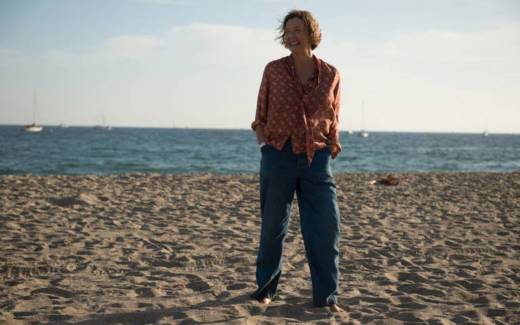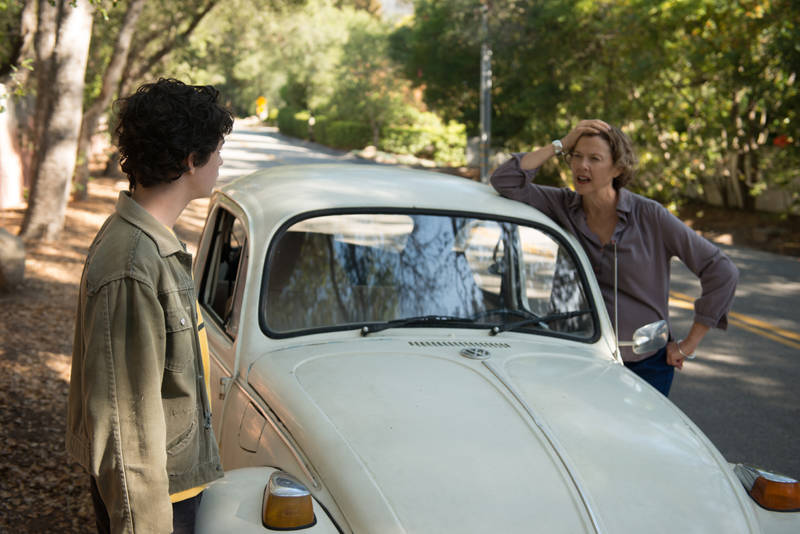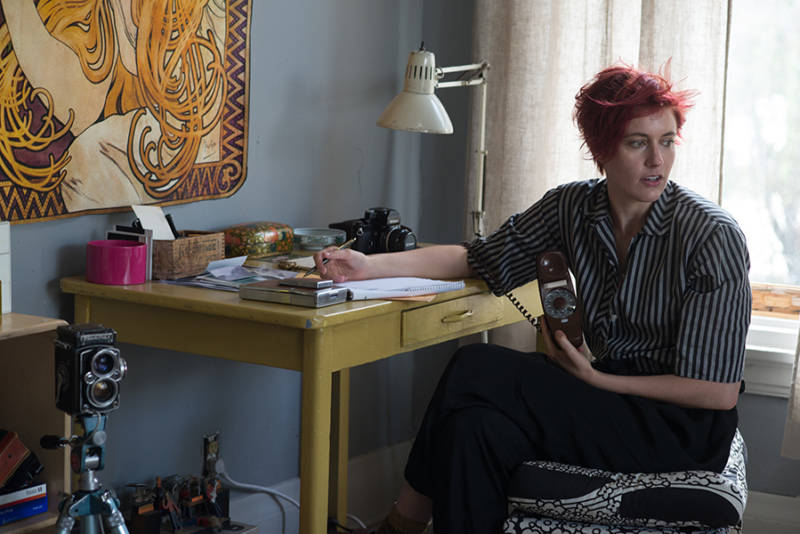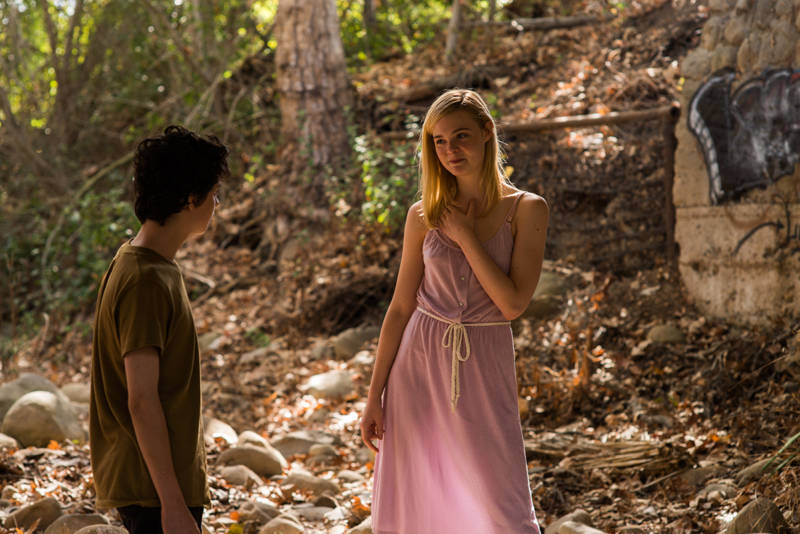As a filmmaker, Mike Mills has mastered the art of speaking in his late parents’ voices, lamenting the dead as a cross-generational ventriloquist. In the 2010 film Beginners, he fictionalized his closeted gay father’s coming out story as an elegy to his life. With 20th Century Women, opening in San Francisco Jan. 13, the director tells a story that’s largely from his mother’s more determined point of view.
Mills fictionalizes a brief moment in 1979 when his relationship with his mother shifted along with the cultural currents of that era. When teenager Jamie (Lucas Jade Zumann) tries to connect with his single mother Dorothea (Annette Bening), he reads an excerpt from Sisterhood is Powerful: An Anthology of Writings From The Women’s Liberation Movement.
20th Century Women examines those longed-for moments of connection between parents and children that often remain elusive. Mills captures that sense of emotional transience in his latest film, which we discussed in a San Francisco hotel a few weeks before it opened locally.
KQED Arts: Your opening shot of the Pacific Ocean is from above. Why start the narrative there?
Mike Mills: It was a very odd image, dislocating. As soon as I saw it, I intuitively thought, “Let’s start the movie with that.” It’s like a field, but there’s something about the West as a frontier to me. It’s the border to the ocean, a liminal place where the edge of it is almost like Manifest Destiny, the edge of American progress. That always fit 1979 to me because I felt it’s the beginning of the end of American strength. It was some combination of all those things wrapped into that shot.






